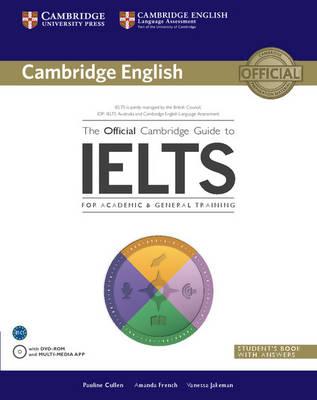Human Flourishing in an Age of Gene Editing paperback english
Now:
AED 280.00 Inclusive of VAT
 Only 1 left in stock
Only 1 left in stock
Get it by 18 Dec

Earn 5% cashback with the Mashreq noon Credit Card. Apply now

Pay 4 interest-free payments of AED 70.00.Learn more

Split in 4 payments of AED 70.00. No interest. No late fees.Learn more




1
Free delivery on Lockers & Pickup Points
Learn more
Enjoy hassle free returns with this offer.

Item as Described
70%
Partner Since
7+ YearsSpecifications
| Publisher | Oxford University Press, USA |
| ISBN 13 | 9780190940362 |
| Book Description | International uproar followed the recent announcement of the birth of twin girls whose genomes had been edited with a breakthrough DNA editingtechnology. This technology called clustered regularly interspaced short palindrome repeats or CRISPRCas9 can alter any DNA including DNA in embryos meaning that changes can be passed to the offspring of the person that embryo becomes. Should we use gene editing technologies to change ourselves our children and future generations to come? The potential uses of CRISPRCas9 and other gene editing technologies are unprecedented in human history. By using these technologies we eradicate certain dreadful diseases. Altering human DNA however raises enormously difficult questions. Some of these questions are about safety: Can these technologies be deployed without posing an unreasonable risk of physical harm to current and future generations? Can all physical risks be adequately assessed and responsibly managed? But gene editing technologies also raise other moral questions which touch on deeply held personal cultural and societal values: Might such technologies redefine what it means to be healthy or normal or cherished? Might they undermine relationships between parents and children or exacerbate the gap between the haves and havenots? The broadest form of this second kind of question is the focus of this book: What might gene editingand related technologiesmean for human flourishing? In the new essays collected here an interdisciplinary group of scholars asks ageold questions about the nature and wellbeing of humans in the context of a revolutionary new biotechnologyone that has the potential to change the genetic makeup of both existing people and future generations. Welcoming readers who study related issues and those not yet familiar with the formal study of bioethics the authors of these essays open up a conversation about the ethics of gene editing. It is through this conversation that citizens can influence laws and the distribution of funding for science and medicine that professional leaders can shape understanding and use of gene editing and related technologies by scientists patients and practitioners and that individuals can make decisions about their own lives and the lives of their families. |
| About the Author | Erik Parens is Senior Research Scholar at The Hastings Center, where he investigates the ethical implications of using technologies such as psychopharmacology, surgery, and gene editing to shape ourselves and our children. He also investigates how emerging sciences such as genetics and neuroscience shape our understanding of ourselves as persons. He is the author or editor of five books, as well as numerous articles and commentaries for academic journals and general-interest publications. His most recent book is Shaping Our Selves: On Technology, Flourishing and a Habit of Thinking (Oxford University Press, 2014). Josephine Johnston is Director of Research and a Research Scholar at The Hastings Center. She works on the ethics of emerging biotechnologies, particularly in human reproduction, psychiatry, and genetics. Her scholarly work has appeared in medical, scientific, policy, law, and bioethics journals, including New England Journal of Medicine, Science, Nature, Hastings Center Report, and Journal of Law, Medicine and Ethics. She edited, with Thomas H Murray, Trust and Integrity in Biomedical Research: The Case of Financial Conflicts of Interest (Johns Hopkins University Press, 2010). She has also written for Stat News, New Republic, Time, Washington Post, and The Scientist. |
| Language | English |
| Author | ErikParens |
| Edition Number | 1 |
| Number of Pages | 288 |
Human Flourishing in an Age of Gene Editing paperback english
Added to cart
Cart Total AED 280.00


























































































































